
Library
AN UNQUIET HISTORY
Matthew Battles

W. W. NORTON & COMPANY
NEW YORK LONDON
Copyright 2003 by Mathew Battles
All rights reserved
Printed in the United States of America
First Edition
For information about permission to reproduce selections from this book, write to
Permissions,W.W.Norton & Company,Inc.,500 Fifth Avenue,NewYork,NY 10110
Manufacturing by Quebecor World, Fairfield Inc.
Book design by BTD
Production manager:Andrew Marasia
Ebook conversion by Erin Schultz, TIPS Publishing, Inc.
LIBRARY OF CONGRESS CATALOGING-IN-PUBLICATION DATA
Battles, Matthew.
Library : an unquiet history / by Matthew Battles. 1st ed.
p. cm.
Includes bibliographical references and index.
ISBN 0-393-02029-0
1. LibrariesHistory. 2. Libraries and societyHistory. 3. BooksHistory. I. Title. Z721.B28 2003 027.009dc21
2002156439
W.W.Norton & Company,Inc.,500 Fifth Avenue,NewYork,N.Y.10110
www.wwnorton.com
W.W.Norton & Company Ltd.,Castle House,75/76 Wells Street,London W1T 3QT
1234567890
FOR MY FAMILY
and
FOR KEN CARPENTER
Keeper of Books
Contents
Acknowledgments
My gratitude tells the story of the writing of this book: I am indebted first to Donovan Hohn, gifted writer, genius editor, and good friend, who during his time at Harpers managed to cobble a serviceable magazine article from the hundred or so rambling emails I sent him; I am grateful for his perseverance, his taste, and his good faith. Passages from that article (Lost in the Stacks:The Decline and Fall of the Universal Library, Harpers Magazine, January 2000), in much different form, are scattered throughout this book. Parts of chapter 2 appeared in my article Burning Isnt the Only Way to Lose a Book, a review of The Library of Alexandria: Centre of Learning in the Ancient World (cited elsewhere), which appeared in the April 13, 2000, issue of the London Review of Books. I delivered a portion of chapter 2 as part of a talk for the History of Libraries in the United States conference at the Library Company of Philadelphia in April 2002. Susan Barry, my agent, persuaded me that the aforementioned ramblings about the life of libraries might make the beginnings of a book. She also helped me find my way to W. W. Norton and editor Alane Salierno Mason, without whose guidance and judgment this book would have gone off course at any number of points in its writing. Otto Sonntag, my copy editor at Norton, faced the task of bringing my untamed manuscript to heel; his efforts strengthened the book immeasurably. Im also indebted to Ravi Mirchandani, my editor at Heinemann in Britain, who offered his support, as well as his genius for titles, long before we began work on the U.K. edition. Thanks, too, to Nancy Fish of the Harvard Bookstore for sharing her wisdom on title troubles.In Rome,I was grateful for the opportunity to lodge at the American Academy, where I benefited as much from the remarkable company of the fellows there as from the Academys happy proximity to the Vatican.Massimo Ceresa,the Vatican Librarys reference librarian, provided both wisdom and hospitality, and his students at the library school at the Vatican were generous with their time and views on the world of the library in Europe. In London, my wifes cousin Althea Greenan, her companion Gavin, and their daughters played host to me and my family for a delightful week in their East Dulwich flat. Good friends and great writers James Parker and Joshua Glenn read numerous early drafts; their patience and insight was crucial to me. I owe a great debt of gratitude to all my colleagues and friends at Harvard, without whose indefatigable diligence that universitys libraries would not thrive as they do. Those librarians and staff have been the true faculty of my own private postgraduate course in library studies. Im particularly indebted to Peter Accardo, Anna Arthur, and Marek Kornilowicz for their friendship and insights; to Andrs Riedlmayer for his patient and generous intelligence; to Librarian of Houghton Library William P. Stoneman; and especially to Kenneth Carpenter, a librarian and scholar of great and generous sagacity, who mentored me in my first two years of library work and whose guidance continues to brighten my professional life. My greatest thanks, of course, goes to my family, both by birth and by marriage, whose support and love are a constant revelation. And especially I thank my wife, Rebekah Schlesinger, who let me mumble her off to sleep with numerous drafts, and who as I write these words is outside allowing herself to be soaked with waterguns, drawing fire and giving cover, once again, to my writing.
CHAPTER ONE
Reading the Library
The impious maintain that nonsense is normal in the Library and that the reasonable (or even humble and pure coherence) is a miraculous exception.
JORGE LUIS BORGES, The Library of Babel
W hen I first went to work in Harvards Widener Library, I immediately made my first mistake: I tried to read the books. I quickly came to know the compulsive vertigo that Thomas Wolfes Eugene Gant, prowling the fictionalized Widener stacks, felt in the novel Of Time and the River:
Now he would prowl the stacks of the library at night, pulling books out of a thousand shelves and reading them like a madman. The thought of these vast stacks of books would drive him mad: the more he read, the less he seemed to knowthe greater the number of the books he read, the greater the immense uncountable number of those which he could never read would seem to be.... He read insanely, by the hundreds, the thousands, the ten thousands.... [T]he thought that other books were waiting for him tore at his heart forever. He pictured himself as tearing the entrails from a book as from a fowl.
Gants histrionics are a response to the contradictions anyone faces in the library. As the reader gropes the stackslifting books and testing their heft, appraising the fall of letterforms on the title page, scrutinizing marks left by other readersthe more elusive knowledge itself becomes. All that remains unknown seems to beckon from among the covers, between the lines. In the library, the reader is wakened from the dream of communion with a single book, startled into a recognition of the words materiality by the sheer number of bound volumes; by the sound of pages turning, covers rubbing; by the rank smell of books gathered together in vast numbers. Of course, the experience of the physicality of the book is strongest in the large libraries, where the accumulated weight of written words seems to exert a gravity all its own. And fewer libraries are larger than Widener, which beguiled not only Thomas Wolfe but myself and countless others as well.
Endowed by the grieving mother of Harry Elkins Widener, a Harvard graduate and bibliophile who went down with the Titanic, Widener is the Great Unsinkable Library. Its ten levels contain fifty-seven miles of shelves, enough to hold some 4.6 million bound volumes, give or take a few. The shelves are great armatures of forged iron that carry the weight of the building; the library quite literally is supported by its books. Peopled not only with librarians, patrons, and professors but also with carpenters, couriers, cooks, accountants, student and part-time book shelvers, webmasters, network administrators, and human resource consultants, it is the city-state at the center of a confederacy of Harvards ninety-odd school and departmental collections, totaling some 14 million volumes; taken together, they make up the largest academic library the world has ever known.
Next page
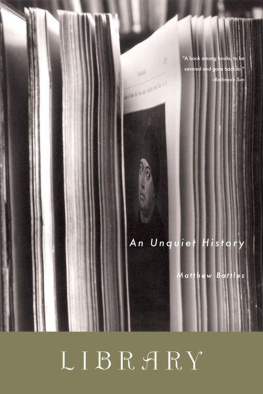
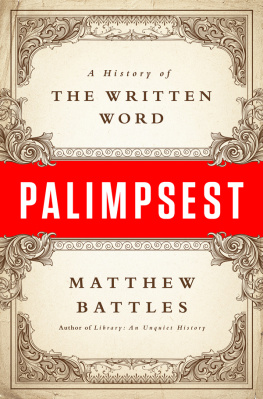

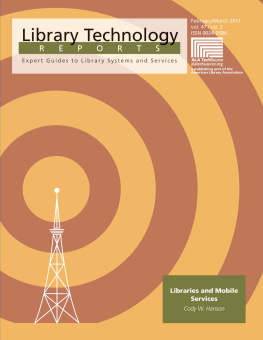
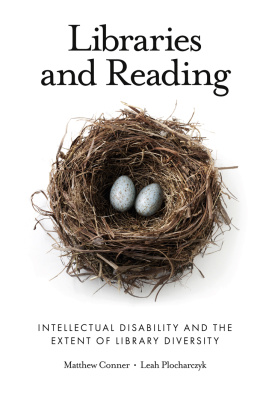


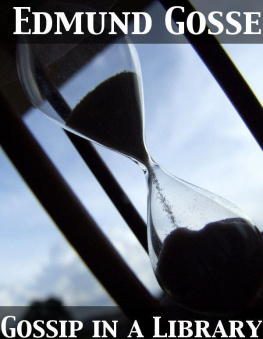
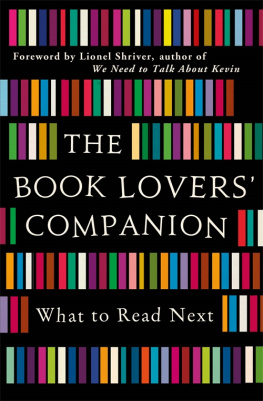

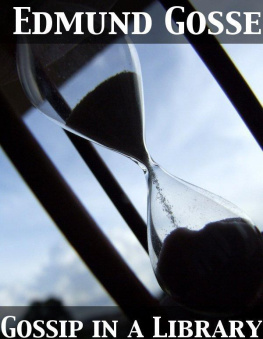
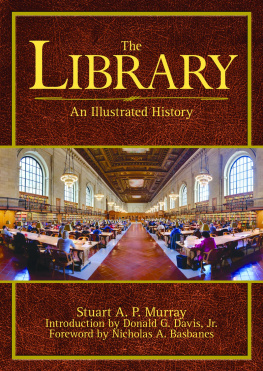
![Anita Anand - The Library Book. Anita Anand ... [Et Al.]](/uploads/posts/book/40194/thumbs/anita-anand-the-library-book-anita-anand-et.jpg)

